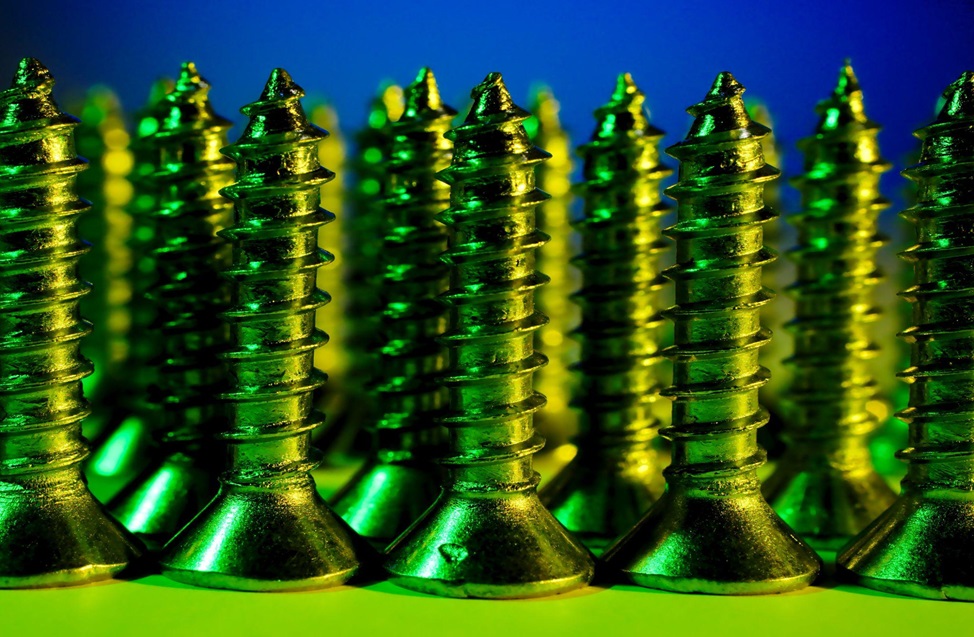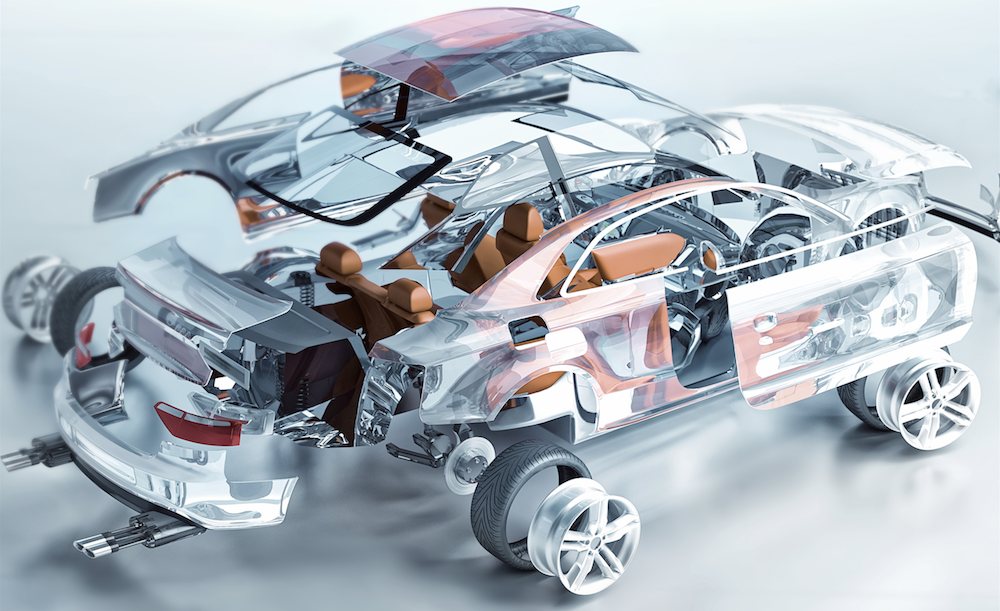Fasteners are devices that are used to secure two materials together mechanically. The advantage of these devices is that the joint is impermanent, allowing for components to be assembled and disassembled when needed. In an industrial setting, this is extremely important, especially if you need to secure and assemble machinery.
Mechanical fasteners provide a strong and stable joint. There are many different types of fasteners, each with their own advantages. Using the right type is important as it helps to prevent excessive pressure or vibration caused by loose joints. In this article, we’ll look at some of the most widely used mechanical fasteners for an industrial setting and the advantages that they offer.
Screws
Screws are perhaps the most commonly used fastener, and they have a wide range of different styles and uses. The main defining characteristic of screws is that they have a threaded shank and a head with a drive for screwing them into a material. Typically, but not always, screws have a pointed tip, and some screws may be self-tapping or even self-drilling.
While the vast majority of screws are fastened using a screwdriver, some can be tightened and loosened without needing tools. These are known as thumb screws, which are available at RS. Thumb screws are much easier to apply and are ideal in situations where limited space may restrict the use of tools. There are many other types of screws which are adapted for specific applications. Generally, screws offer the advantage of being easy to use and offering a safe and secure joint.
Bolts
Bolts are another type of widely used fastener which have a lot of different variations and applications across industrial settings. They’re made from a rod of solid metal, with a fully or partially threaded shank and a typically hexagonal head. Rather than requiring a screwdriver to be inserted into the head, bolts are tightened and loosened with a wrench.
The advantage of bolts over other types of fasteners is that you don’t need to use a threaded hole. Instead, they’re applied using a nut, which still provides a lot of force for the joint. Bolts are also usually thicker in diameter compared to other fasteners like screws which means their joints can support a larger load. This makes them the ideal choice for large construction projects.
Washers and Nuts
Washers and nuts are used together with bolts to create a safer and stronger joint. Washers are small metal discs with holes in the middle, allowing the bolts to be passed through them. Nuts are typically hexagonal or square in shape and contain a thread for the bolt to be secure too. Before the bolt is applied, the washer is placed between the surface of the material and the nut is placed on the other side.
Washers can be used on either side of the nut, and this helps to spread the load of the force once the bolt is tightened. It prevents it from coming loose, making it ideal for machinery parts which are subjected to a lot of vibration and movement. Just like screws and bolts, different types of washers and nuts can be used for different purposes.
Studs and Keys
Studs are essentially like headless bolts, consisting of a threaded rod. They can be used to tighten a joint and have several component installation advantages over bolts. On the other hand, keys are rods which enable torque transmission by connecting a rotating machine element to a shaft.
Whether you gain more from using a stud or a key will depend entirely on the type of installation and machinery you’re using. It’s important to think about the advantages that each offers before deciding on which type to use.





